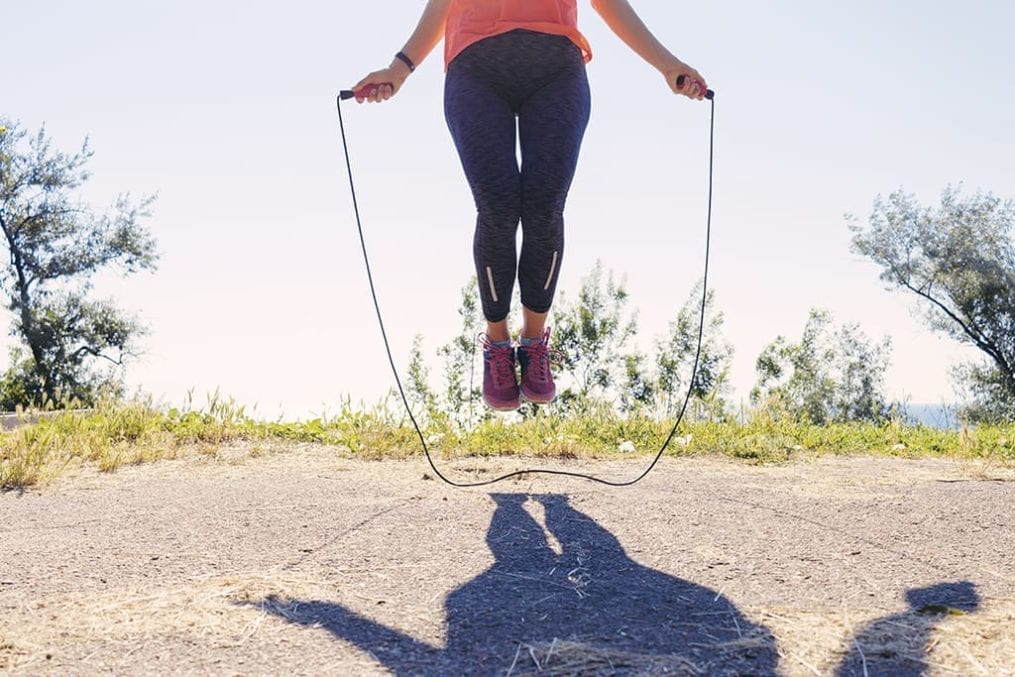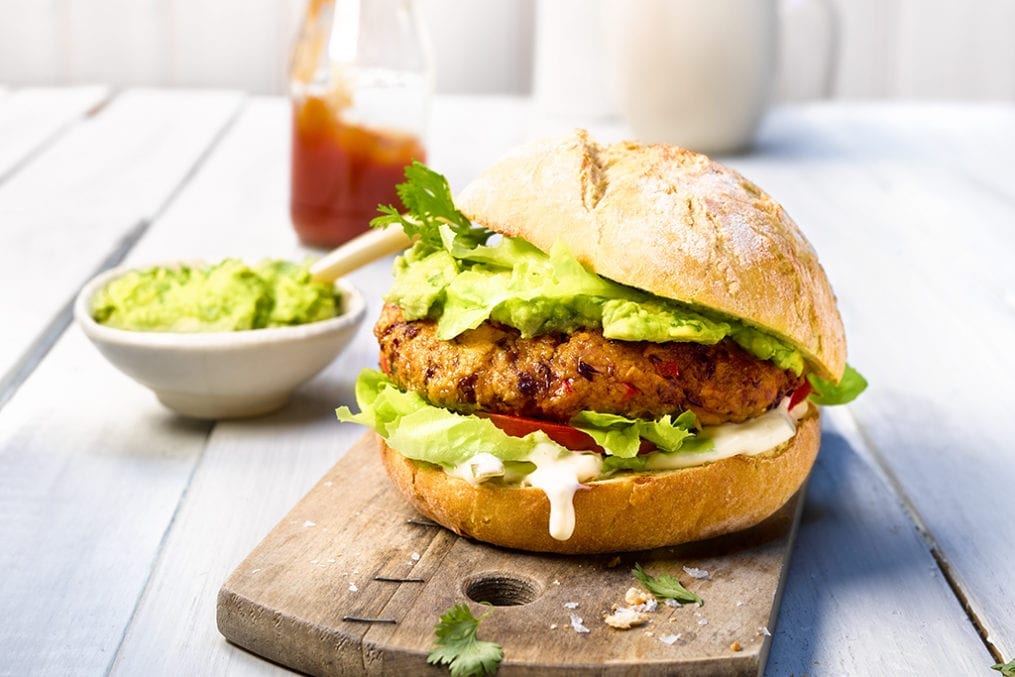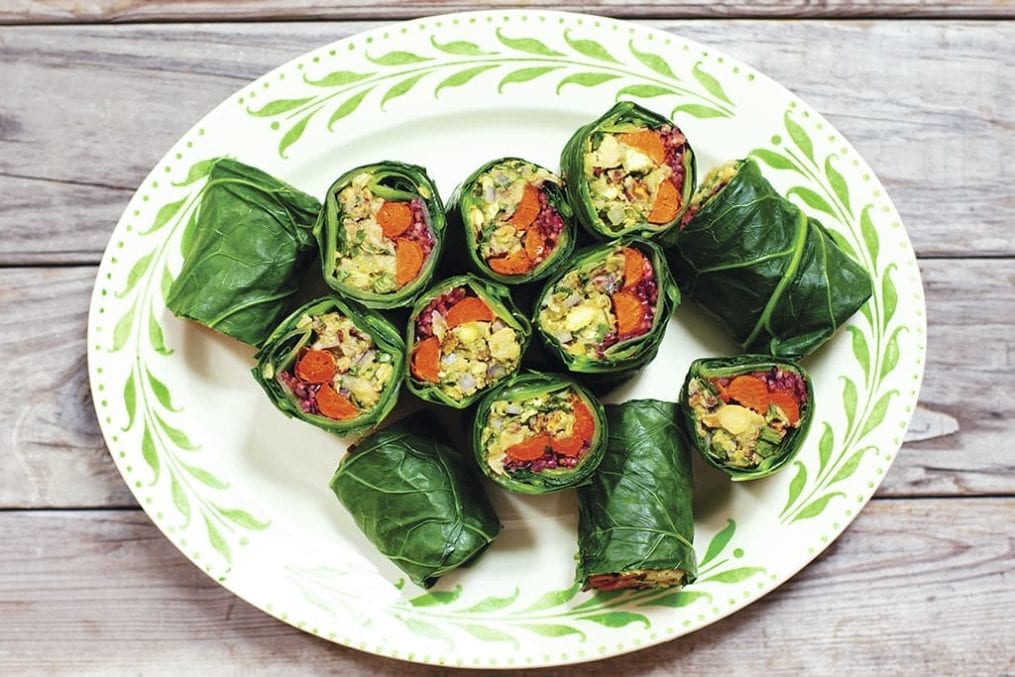Healthy Investigates: Why are we all eating too much?
Are you a healthy weight
? Then pat yourself on the back, as the latest figures show only 40.6 per cent of women (and 32.1 per cent of men) in the UK have a healthy body mass index (BMI). But the reasons why aren’t quite as clear-cut as you might think.
What’s the story in a nutshell?
Frankly, we’re in a bit of a mess. Over a quarter of British adults are obese, half a million people are on track to develop diabetes and only 36 per cent of us manage even 30 minutes of exercise a week – let alone the 150 minutes guidelines advise.
Read more: Is diabetes your diet’s fault?Now the government is suggesting that even toddlers need to be taught about healthy nutrition. ‘It’s not a state we’ve got ourselves into overnight – it’s been developing over the last 40 years as we consume more processed food, and use more labour-saving devices. Meanwhile, our leisure spaces have been eroded – there are myriad reasons why we’re eating too much and moving less,’ says Tam Fry from the National Obesity Forum.
So how did we get here?
‘I truly believe something about the food we are eating today is changing our brains,’ says Dr Sally Norton, NHS obesity consultant and founder of weight-loss advice site www.vavista.com
. ‘Studies show the body is programmed to seek variety in its diets
.
Read more: Lessons from an A-List personal trainer
Eat too much of the same food and you’ll crave something different. But, in research when animals are fed processed food, they stop doing that and seek more of the same. If that’s happening in the human brain too, no wonder we find it hard to change habits.’ The fact healthy food costs three times more per 1000 calories than unhealthy also stops people making the right choices in a country where some families struggle to find money for food.
Self perception
Many of us don’t realise our weight is a problem. When researchers at Imperial College London asked parents of overweight children what they thought of their child’s weight, 79 per cent said there was nothing to worry about; they regularly saw bigger children, so felt there was no issue.
We adults do the same thing about our own bodies. Chief medical officer professor Dame Sally Davies says that because the media often only shows very obese people when they talk about the obesity crisis, the majority of us, overweight but not as large as the images we see, think we’re alright, thanks – even when we’re not. ‘We also think because we fit into a UK size 12, we’re OK, but clothes sizes are getting bigger as we do,’ says Dr Norton.
In fact, a size 12 in 1975 had a 26 inch waist and 36 inch hips, one in 2012 has a 29 inch waist and 39 inch hips (closer to a 16 in 1975). Just as we’ve lost perspective over the amount of food we consume, we’ve lost sight of what’s a healthy body shape.
Take one, pass it on
And, as families get bigger, something else happens. ‘We know if a woman starts her pregnancy overweight, it can programme her child via her genes to have more struggles with their own size,’ says Fry. ‘It’s as if we need to start afresh: educate people about what’s in their food, and ensure that everything we eat is as healthy as possible.’
What can you do?
Three positive steps to take today
1 Assess yourself. For adults, research suggests waist measurement is the most crucial measure of health: more than 88cm for women or 102cm for men means you’re carrying extra pounds. For kids, body mass index (BMI) is still best. Use the NHS online calculator at www.nhs.uk to determine where your children fall.
2 Cook with the kids. Entire generations don’t know how to make healthy food from scratch. Schools are aiming to put domestic science back on the curriculum. Until they do, start teaching and/or learning how to cook yourself.
Read more: Jodie Kidd’s kid-friendly casserole recipe3 Try TV-free days.
The theory behind this suggestion by the National Institute of Clinical Excellence (NICE) is if we’re not slumped in front of Downton, we might be moving more – even if it’s just round the house while we tidy up.
What are your best tips for not eating too much? Tweet us, or join in the conversation on our Facebook page











